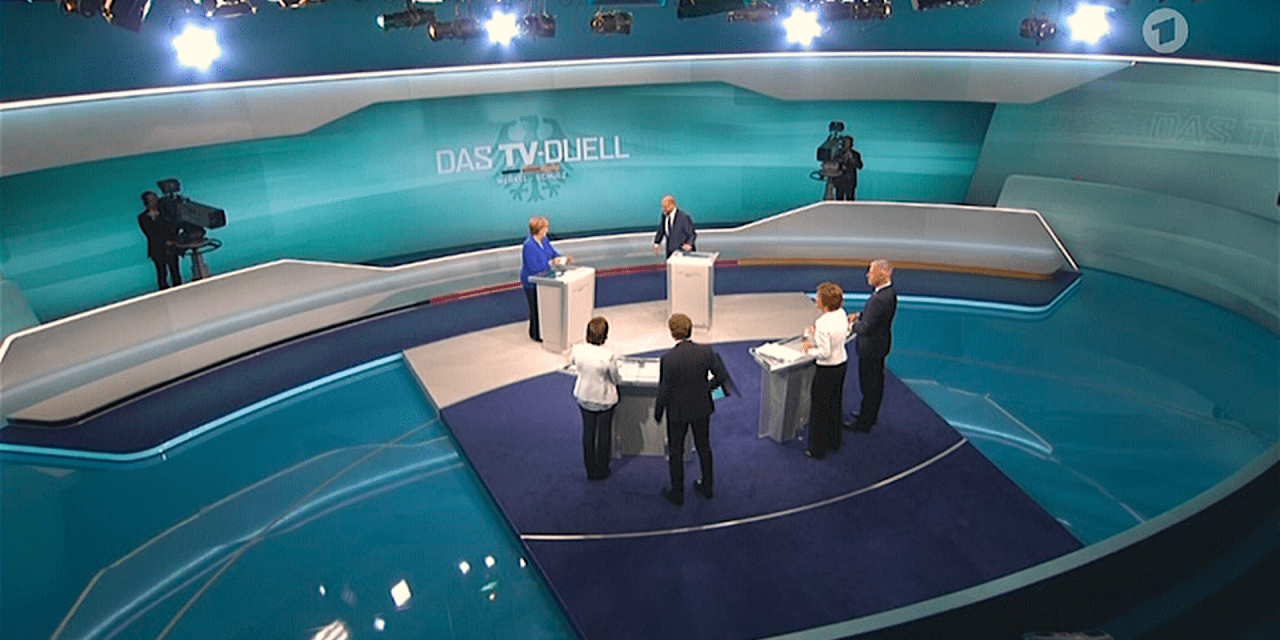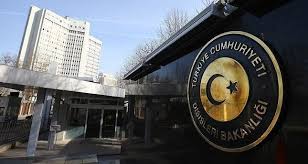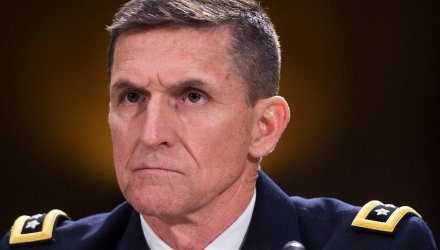By ANDREW RETTMAN, EuObserver
German chancellor Angela Merkel has promised to shut down Turkey’s EU accession talks and defended her open-door refugee policy.
Merkel made the Turkey pledge in a pre-election TV debate with her main rival, former European Parliament head Martin Schulz, on Sunday (3 September).
“The fact is clear that Turkey should not become a member of the EU,” she said.
“I’ll speak to my [EU] colleagues to see if we can reach a joint position on this so that we can end these accession talks,” she added.
Her surprise remarks, which she made impromptu in a segment on North Korea, represented an on-air U-turn.
Schulz had earlier said he would end the Turkey negotiations.
“If I were chancellor, I’d ask the European Council to end the accession talks with Turkey … We should not allow in a country that is against EU values,” he said.
“The only thing [Turkish president] Erdogan understands is: ‘Now it’s over’. We need to be clear in this: ‘No money to Turkey anymore’ – then he will think carefully about his actions,” he added.
Merkel immediately agreed on cutting aid and on ending talks on a new customs deal, but she had said a rift with Turkey could put in danger the 12 German nationals currently in prison there on political charges.
“Slashing pre-accession aid, I’m in immediately,” she said.
“There’s no way talks for enhancing the customs union come into question,” she also said.
But she added: “I don’t intend to break off diplomatic relations with Turkey just because we’re in an election campaign and want to show each other who’s tougher”.
Turkey, which held a religious holiday on Sunday, had not yet reacted by Monday morning.
The country began EU talks in 2005, but these ground to a halt due to Erdogan’s authoritarian rule.
Refugees
The rest of the 97-minute TV duel focused on refugees, North Korea, and Dieselgate.
Schulz, from the centre-left SPD party, accused Merkel of having lost the opportunity to create an EU solution to the migrant crisis by deciding unilaterally to let 1 million asylum seekers enter Germany in 2015.
“We need a European solution to the problem, and we lost this … The refugees kept coming for months and months,” he said.
Merkel, from the centre-right CDU/CSU party, said: “We had a very dramatic situation then … There are times in the life of a chancellor when she has to decide”.
“I believe we can manage it together,” she added later, echoing her 2015 slogan: “We’ll manage this”.
Schulz and Merkel both said failed asylum claimants should be sent home in greater numbers, but that EU navies should not be used to stop people trying to cross the Mediterranean.
They also agreed Germany should do more to integrate Muslims.
“Islam is part of Germany – but one that’s compatible with the constitution,” Merkel said.
She added that terrorist attacks cannot become part of normal routine. “To get used to living in terror would be to give up our way of life,” she said.
Schulz said: “Integration takes time. We should have the right infrastructure in place, and emphasise schools and education”.
Trump
The leaders diverged on North Korea, with Merkel saying the EU had to work with US president Donald Trump on the missile crisis, but with Schulz saying Trump’s nuclear war threats were too much.
“I don’t think that one can solve this conflict without the American president … We need the USA as a force for peace and we have to do everything to get them on the right track,” Merkel said.
Schulz said Trump was “bringing the world to the brink of crisis with his tweets”.
“He’s incalculable, so we will have to talk with reliable partners [instead],” he said.
He called for a “Europe that is led by the idea of strengthening democracies at a time when [Russian leader] Putin, Erdogan, and Trump – people like that – call into question our basic values.”
Dieselgate
Merkel also said the Dieselgate scandal, in which leading German car makers were found to have cheated on NOx emissions tests, amounted to “fraud”.
“I am horrified, sickened … a pillar of our economy has been put in danger,” she said.
Schulz agreed that a ban on diesel cars would devastate German industry, but he was tougher on car firms than Merkel, saying top executives should be held to account.
“Highly paid managers are better off than citizens and benefited from this … they will have to pay,” he said.
Das Duell
Merkel started the debate with a 38 percent lead in polls versus Schulz on 24.
A survey by Tagesschau, a German broadcaster, after the TV duel said that 55 percent of people thought Merkel had won the debate, compared to 35 percent for Schulz.
A poll by the ZDF broadcaster said 53 percent of people now wanted Merkel to win the election, compared to 39 percent for Schulz.
Polls indicate that four other parties will pass the 5 percent threshold to enter the Bundestag in the vote on 24 September – the liberal FDP, the Greens, the far-left Die Linke, and – for the first time ever – the far-right AfD.
The TV debate, which was watched by an estimated 30 million people, did not mention Brexit, eurozone integration, or climate change.


















